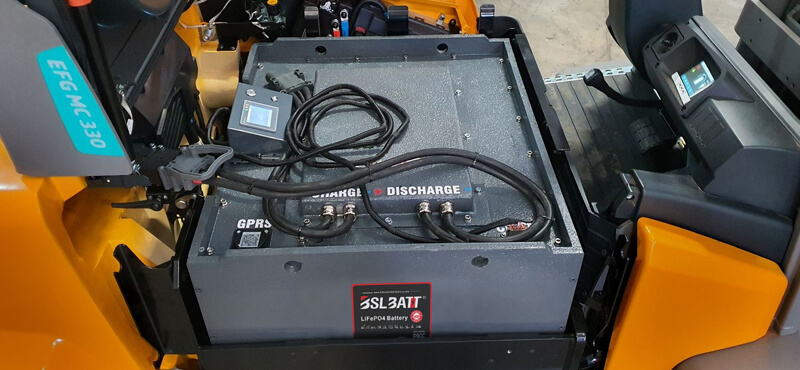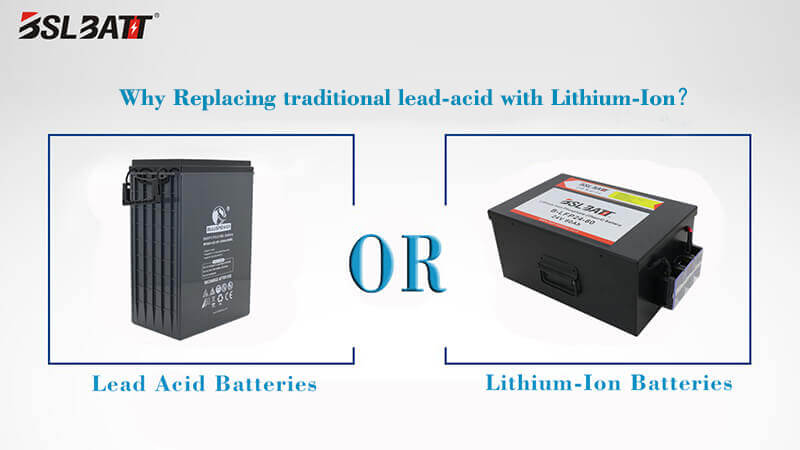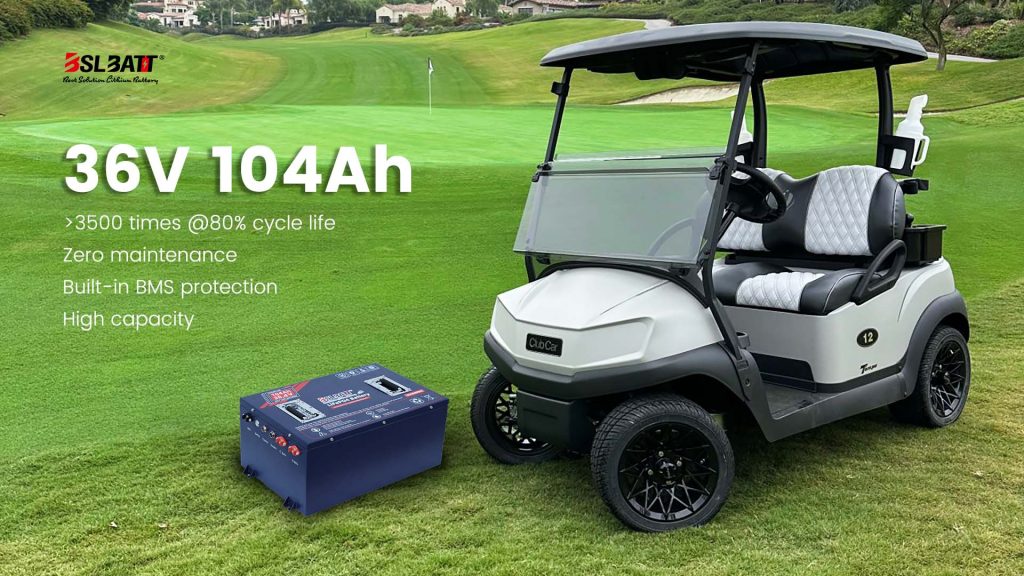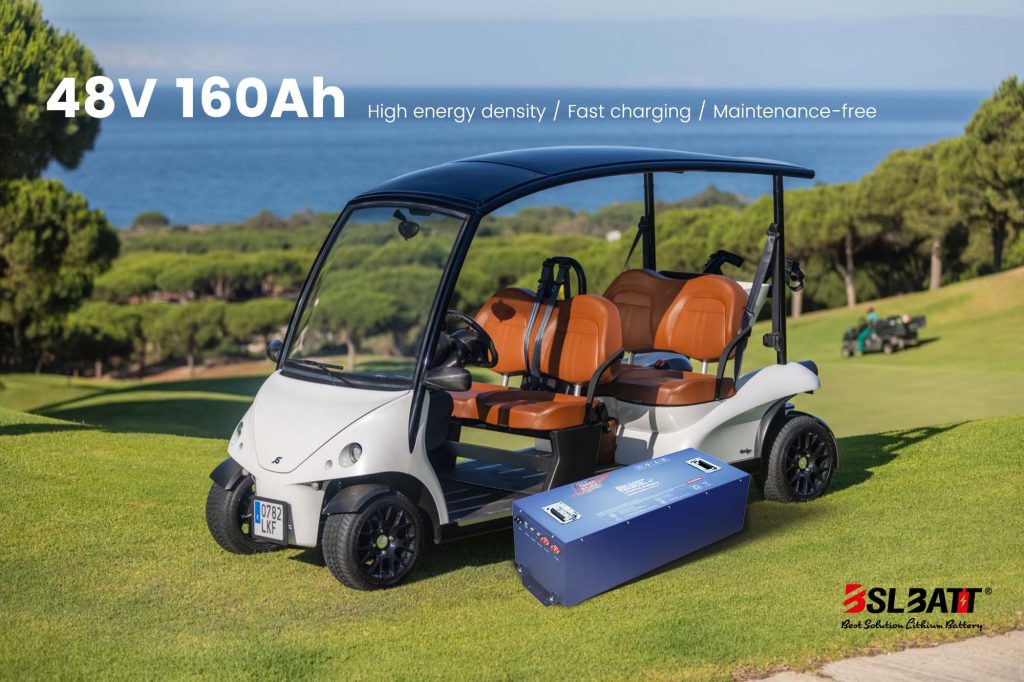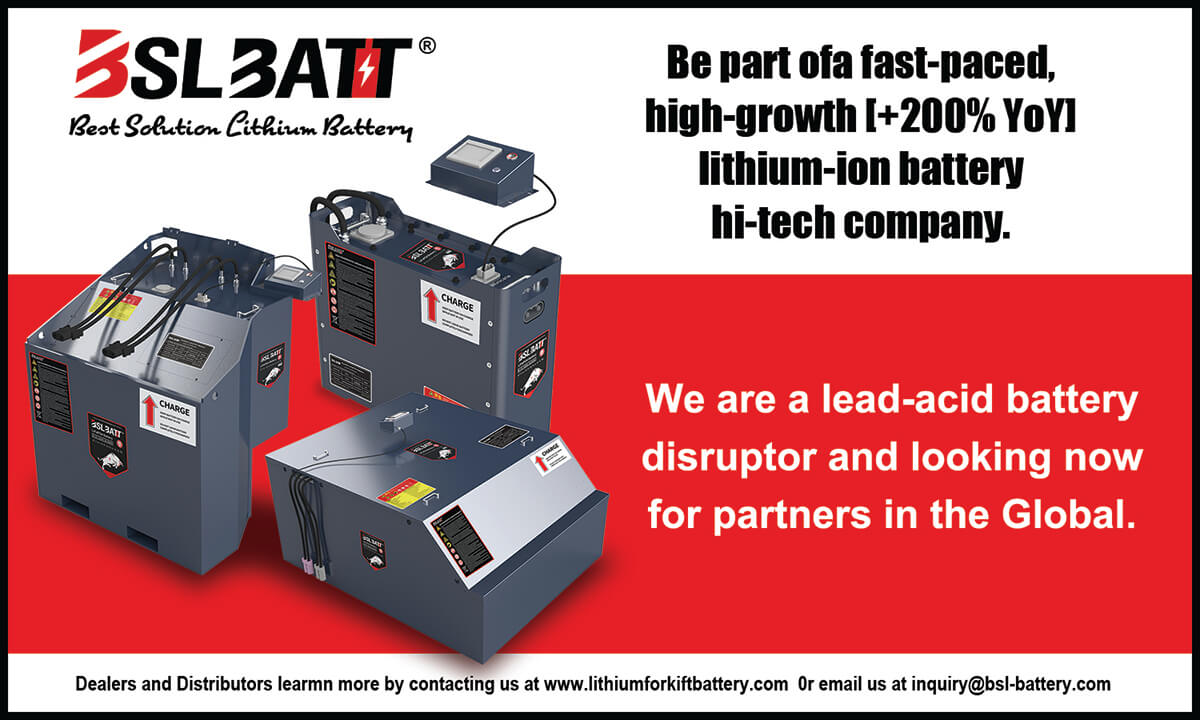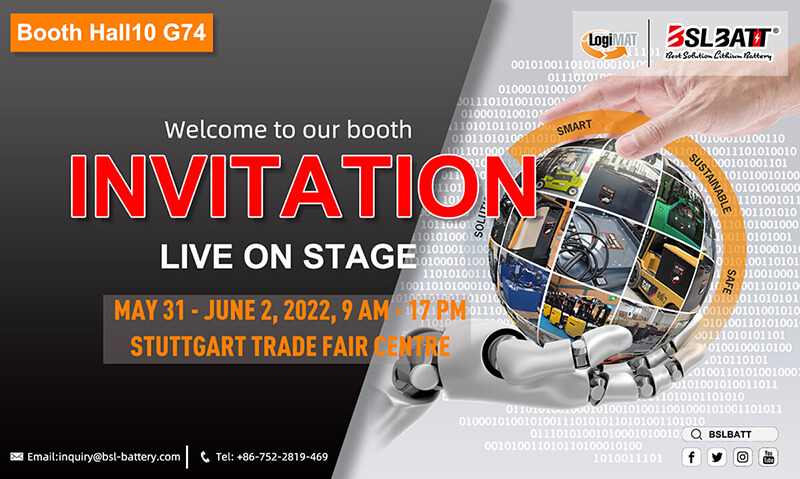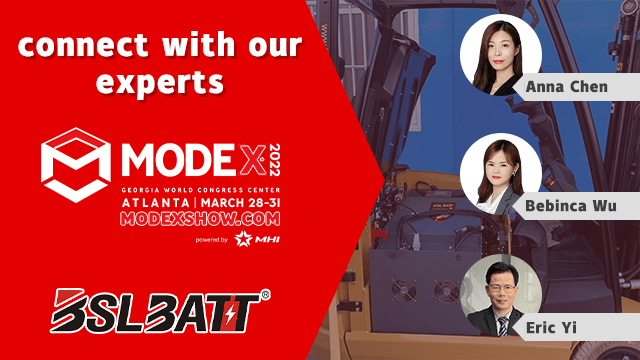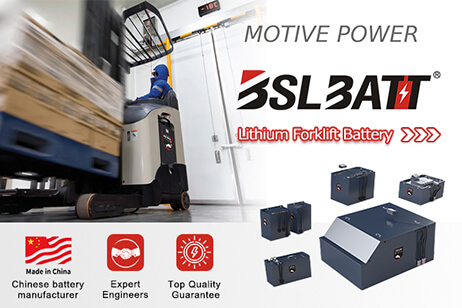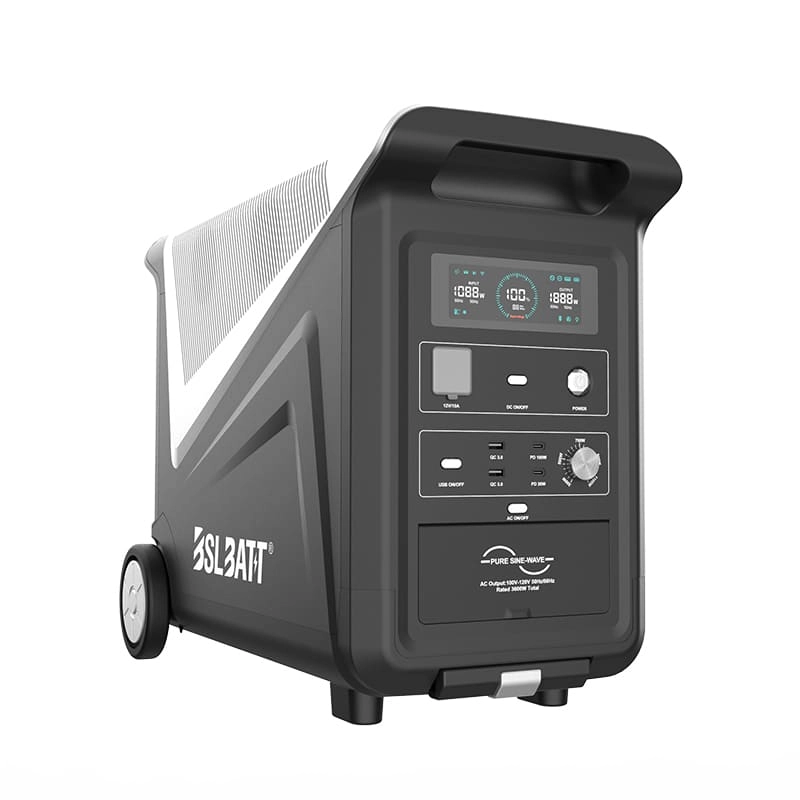
- China
- English
- Françai
- Español
- Deutsch
- Română
- العربية
- 한국어
- 日本語
- Italiano
- Português
- Gaeilge
- Dansk
- Čeština
- Русский
- Afrikaans
- Euskara
- Català
- Esperanto
- हिन्दी
- Ελληνικά
- Bahasa Melayu
- Polski
- Српски
- Kiswahili
- ภาษาไทย
- Tiếng Việt
- Türkçe
- Svenska
- Cymraeg
- Slovenčina
- Latviešu
- Malti
- Magyar
- Galego
- ગુજરાતી
- Eesti Keel
- বাংলা
- Shqip
- беларуская мова
- Nederlands
- Tagalog
- ქართული
- Íslenska
- Kreyòl Ayisyen
- Lietuvių
- Norsk
- slovenščina
- தமிழ்
- Українська
- ײִדיש
- اردو
- తెలుగు
- فارسی
- македонски
- ಕನ್ನಡ
- Bahasa Indonesia
- עברית
- Suomi
- Hrvatski
- Български
- Azerbaijani

Industry Application
Product Type
Why Replacing traditional lead-acid with Lithium-Ion?
When it comes to batteries, lithium-ion has established itself as a superior alternative to lead-acid. More widely used in commercial applications around the world, lithium-ion is gaining momentum in the United States beyond its traditional mobile technology foothold. Consumers looking to power their applications should know the key elements that differentiate lithium batteries from lead-acid.
Why Lithium-ion?Compared with traditional battery technology, lithium-ion batteries charge faster, last longer, and have a higher power density for more battery life in a lighter package. When you know a little about how they work, they can work that much better for you. Next time you’re selecting a power source, consider that lithium-ion is: Efficient And Cost-Effective While lithium batteries typically command a higher price tag than lead-acid, they also offer 80% (or higher) usable capacity – with some reaching 99% – providing more actual power per purchase. Lead acid’s dated technology underperforms in this arena with a typical capacity ranging from 30-50%. A reduced self-discharge rate also makes lithium more efficient over time, as it releases less energy when it’s not in use. Additionally, studies indicate that lithium batteries offer a better cost of ownership in the long-term despite commanding a higher upfront cost. Lightweight And Low Maintenance At a third of lead acid’s average weight and half its average size, lithium-ion technology provides a convenient alternative for transportation and installation purposes. Even better, it doesn’t require distilled water maintenance – saving considerable upkeep time – and carries almost no risk of environmental pollution. While the performance of all batteries suffers in cold temperatures, lithium batteries retain capacity far better than lead-acid. Safe For a long time, negative perceptions persisted about lithium’s volatility. In reality, lithium-ion batteries carry fewer fire risks than lead-acid batteries, as manufacturers typically build in safeguards against direct hazards such as fire and overcharge. Lifepo4 batteries, specifically, are incredibly safe for consumer application use. While lithium batteries represent a safe alternative, no technology is perfect. Ensure you’re educated on battery use best practices to get the most from your chosen solution and mitigate the risk of unintended consequences. Fast Charging And Long Lasting Lithium batteries charge rapidly and enjoy a significantly higher life cycle than lead-acid. Lithium’s charge acceptance rate is one times its total capacity and only requires one charging session, demonstrating significant performance and convenience. Lead-acid, conversely, requires three-stage charging, takes longer and consumes more fuel. Lithium’s longevity is well documented. in a moderate climate, lithium operating at a higher rate of discharge displayed higher capacity retention over a longer period than its lead-acid counterparts. These measurements span the low end of lithium’s total potential battery life span, as the technology is capable of reaching 5,000 cycles. When choosing a battery for consumer applications, it’s important to weigh all options and arrive at a solution that makes the most sense. While lead-acid batteries certainly have their time and place, it’s clear that in most situations, lithium batteries are the most cost-effective, efficient option.
How do they work?According to the Department of Energy, a lithium-ion battery has an anode and a cathode or electric conductors we know as the “-” and “+” ends of a battery, that store lithium; an electrolyte and a separator that help in the distribution of lithium ions through the battery; and collectors for positive and negative electrical currents. When a lithium-ion battery discharges, a flow of ions is created from the anode to the cathode, generating power. When you charge the battery, the flow reverses from the cathode to the anode. A critical piece of modern technologyThe development of the lithium-ion battery was revolutionary in the tech world, powering devices such as mobile phones and laptops. The batteries last much longer because users can recharge them hundreds of times. “The advantage of lithium-ion batteries is that they are not based upon chemical reactions that break down the electrodes, but upon lithium ions flowing back and forth between the anode and cathode,” the committee said. The batteries have been used to store energy for solar and wind power, which the committee said is critical to moving away from fossil fuels. One of the big issues with lithium-ion batteries is their tendency to overheat, said the Clean Energy Institute based at the University of Washington. “Because of the risks associated with these batteries, a number of shipping companies refuse to perform bulk shipments of batteries by plane,” the CEI said. When considering replacing an existing lead-acid battery bank by a Lithium-Ion battery bank one needs to take a couple of things into consideration. Although the term ‘drop-in replacement’ is occasionally used in this case, it is actually never as simple as that. To get the most from the Lithium-Ion batteries stay within the recommended operating conditions. Although the batteries are set up to do this automatically and safely, taking proper care of your new batteries will prevent nuisances during use such as Lithium-Ion batteries disengaging themselves (by a safety relay). Things to take into consideration are: The charge voltage of the battery bank needs to be checked and possibly changed. Where low charge voltage will result in incompletely charged batteries, overly high charge voltage will potentially push the Lithium-Ion batteries outside their allowed operating conditions. Battery monitoring needs to be shunt (Ah counting) based, not voltage-based. Some basic battery monitoring products base the battery status fully on voltage measurement. In the case of Lithium-Ion batteries, this will result in unreliable readings, potentially leading to deep discharges. Only shunt-based monitoring devices that incorporate a Lithium-Ion battery typesetting should be used. Interested in lithium-ion but still not sure if it’s right for you? Contact us. |
A Guide to Choosing the Best 48V Lithium Golf Cart Battery
Would it be worth investing in a 48V ...
10 Exciting Ways To Use Your 12V Lithium Batteries
Back in 2016 when BSLBATT first began designing what would become the first drop-in replacemen...
BSLBATT Battery Company Receives Bulk Orders from North American Customers
BSLBATT®, a China Forklift battery manufacturer specializing in the material handling indust...
Fun Find Friday: BSLBATT Battery is coming to another great LogiMAT 2022
MEET US! VETTER’S EXHIBITION YEAR 2022! LogiMAT in Stuttgart: SMART – SUSTAINABLE – SAF...
Looking for new Distributors and Dealers for BSL Lithium Batteries
BSLBATT battery is a fast-paced, high-growth (200% YoY ) hi-tech company that is leading the a...
BSLBATT to Participate at MODEX 2022 on March 28-31 in Atlanta, GA
BSLBATT is one of the largest developers, manufacturers, and integrators of lithium-ion batter...
What makes the BSLBATT the Superior Lithium Battery for your Motive Power needs?
Electric forklift and Floor Cleaning Machines owners who seek the ultimate performance will fi...






